Fabricante profesional de Equipo Para Hidroterapia De Colon
What Is a Coffee Enema and Its Historical Context
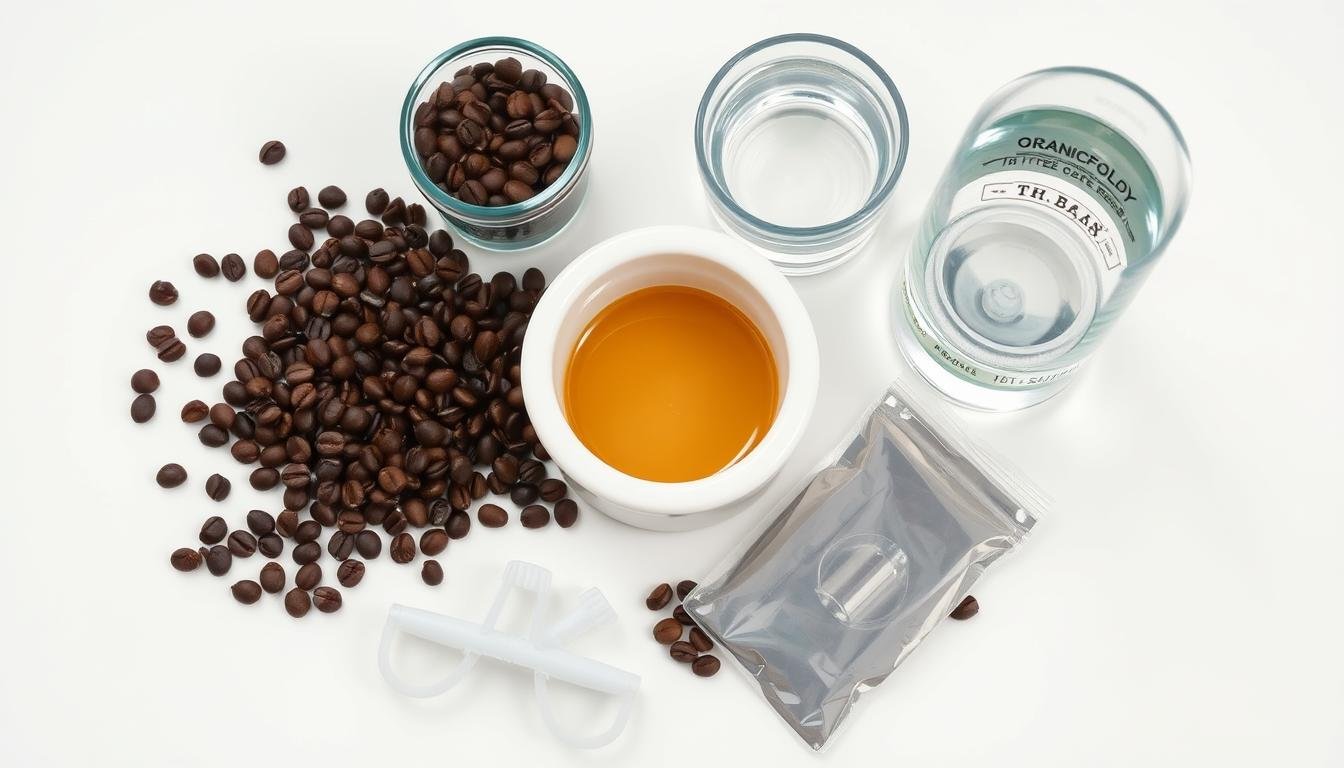
Traditional coffee enema equipment includes organic coffee, filtered water, and an enema kit.
A coffee enema involves injecting a mixture of brewed, room-temperature coffee and water into the colon through the rectum. This procedure is different from drinking coffee, as it bypasses the digestive system and directly enters the lower intestine.
Coffee enemas gained popularity in the early 1900s when German physicians were searching for cancer treatments. However, it was Dr. Max Gerson who brought this practice into mainstream alternative medicine through his Gerson therapy program, which was developed as an alternative treatment for cancer and other degenerative diseases.
The Gerson therapy combines a strict organic plant-based diet with raw juices and multiple coffee enemas daily. Proponents believe this regimen helps the body detoxify and heal itself naturally by stimulating bile flow and enhancing liver function.
Considering a Coffee Enema?
Always consult with a healthcare professional before trying any alternative health procedure.
Claimed Benefits of Coffee Enemas
Advocates of coffee enemas claim they offer various health benefits, though it’s important to note that scientific evidence supporting these claims is limited. Here are some of the commonly reported benefits:

Some people report feeling refreshed and energized after a coffee enema.
Digestive Relief
Many users report that coffee enemas provide relief from constipation. The procedure stimulates peristalsis (muscle contractions in the intestines), which can help evacuate the bowels and potentially provide temporary relief from constipation symptoms.
Liver Detoxification
Coffee contains compounds called cafestol and kahweol, which some believe stimulate an enzyme called glutathione S-transferase. This enzyme is thought to help the liver detoxify harmful substances by binding them to glutathione, an antioxidant, making them easier to eliminate from the body.
Increased Energy
Some users report feeling energized after a coffee enema. This could be related to the removal of waste material from the colon or possibly from small amounts of caffeine absorbed through the intestinal wall.
Immune System Support
Proponents claim that by removing toxins from the body, coffee enemas may reduce the burden on the immune system, potentially allowing it to function more effectively. However, this claim lacks substantial scientific evidence.
Important Note: Most of these claimed benefits are based on anecdotal evidence rather than rigorous scientific research. The medical community generally does not support coffee enemas as a treatment for any medical condition due to lack of evidence and potential risks.
Looking for Safer Alternatives?
Discover scientifically-backed methods for natural detoxification and digestive health.
What Science Says About Coffee Enemas

Scientific research on coffee enemas is limited and inconclusive.
Despite the popularity of coffee enemas in alternative medicine circles, there is limited scientific evidence supporting their effectiveness for health benefits. Most medical professionals consider colon cleansing unnecessary because the human digestive system is naturally designed to eliminate waste and toxins.
A 2020 systematic review of case reports found no quality evidence supporting the use of self-administered coffee enemas. Instead, the review highlighted multiple adverse effects, including proctocolitis (inflammation of the rectum and colon), abdominal pain, and rectal burning.
Research also shows that coffee enemas do not significantly change glutathione levels in the blood, contradicting one of the main claimed mechanisms of action. The human body already has sophisticated detoxification systems in place, primarily through the liver and kidneys, which function effectively without additional intervention in healthy individuals.
“There is no scientific evidence that proves that coffee enemas are helpful in treating any medical condition.”
Potential Risks and Side Effects
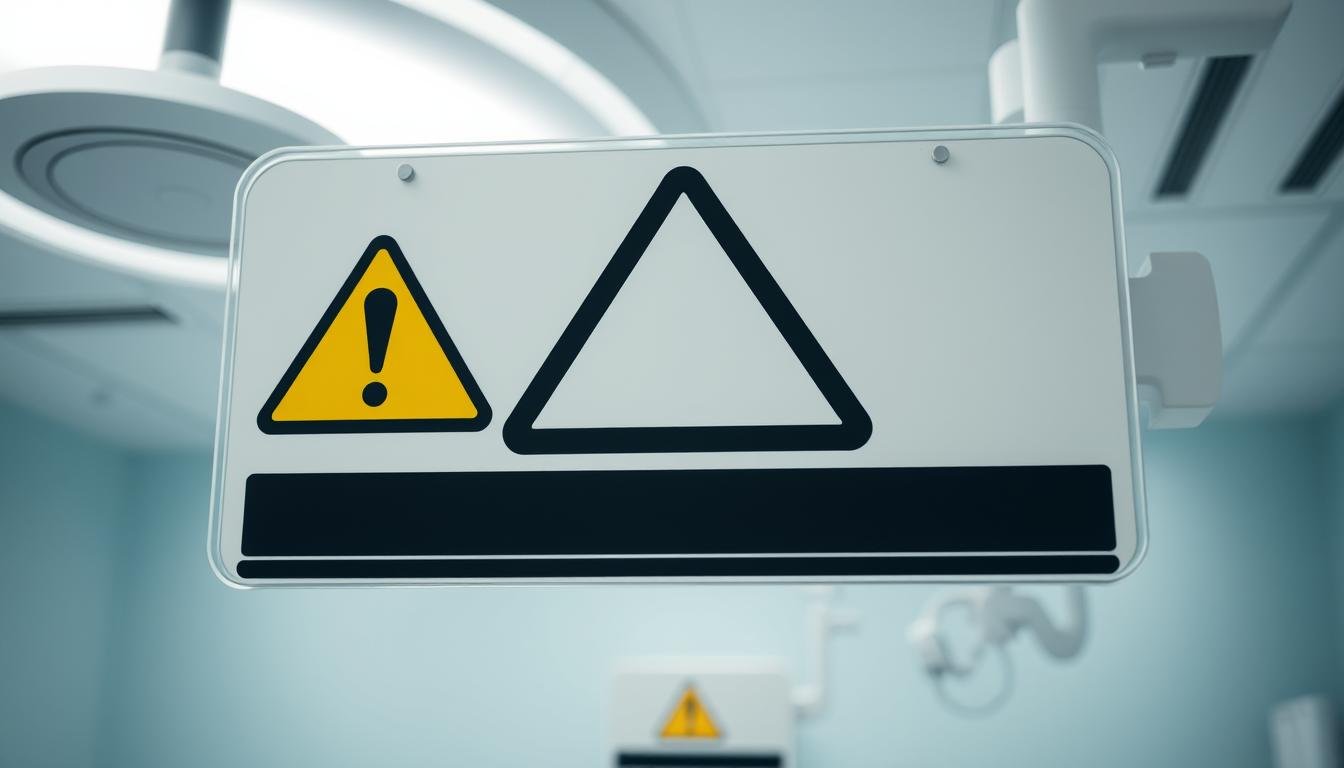
Coffee enemas carry several health risks that should be carefully considered.
Coffee enemas can pose significant health risks, and several case reports document adverse effects ranging from mild discomfort to life-threatening complications. Before considering this procedure, it’s essential to understand these potential dangers:
Potential Risks of Coffee Enemas
- Rectal burns from coffee that’s too hot
- Proctocolitis (inflammation of the rectum and colon)
- Electrolyte imbalances, particularly potassium depletion
- Bowel perforation in severe cases
- Bacterial infections from improperly sterilized equipment
- Intestinal cramping and abdominal pain
- Allergic reactions to coffee components
- Disruption of healthy gut bacteria
In extreme cases, coffee enemas have been linked to severe complications. A 2020 review noted three deaths following coffee enemas, resulting from electrolyte depletion, fluid overload, and septicemia (blood poisoning).
Who should avoid coffee enemas: People with gastrointestinal conditions (such as Crohn’s disease, ulcerative colitis, or hemorrhoids), recent colon surgery, heart conditions, pregnancy, or compromised immune systems should absolutely avoid coffee enemas.
Your Health Matters
Before trying any alternative health procedure, consult with a healthcare professional who knows your medical history.
How to Perform a Coffee Enema Safely
Medical Disclaimer: This information is provided for educational purposes only. Coffee enemas are not recommended by most medical professionals due to potential risks. If you choose to proceed despite the risks, consult with a healthcare provider first.
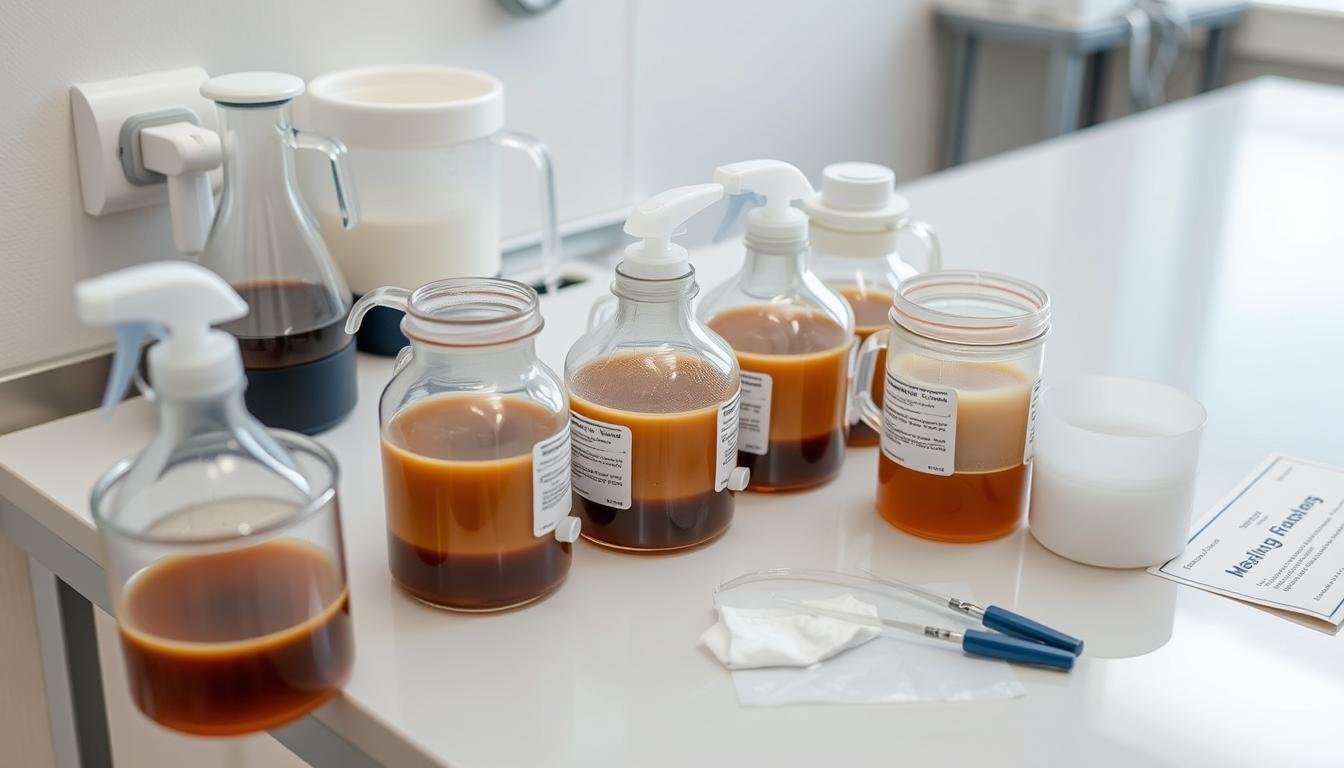
Proper equipment preparation is essential for minimizing risks.
Equipment Needed
- Organic, light roast coffee (avoid flavored or decaffeinated)
- Filtered water
- Enema kit (bag or bucket, tubing, and nozzle)
- Lubricant (water-based)
- Towels and waterproof pad
- Timer
- Access to a bathroom
Preparation Steps
- Brew 2 tablespoons of organic coffee in 4 cups of filtered water for 12-15 minutes.
- Strain the coffee and allow it to cool to room temperature (too hot can cause burns).
- Clean all enema equipment thoroughly with mild soap and water.
- Fill the enema bag with the room-temperature coffee solution.
- Release any air from the tubing by allowing some liquid to flow through.
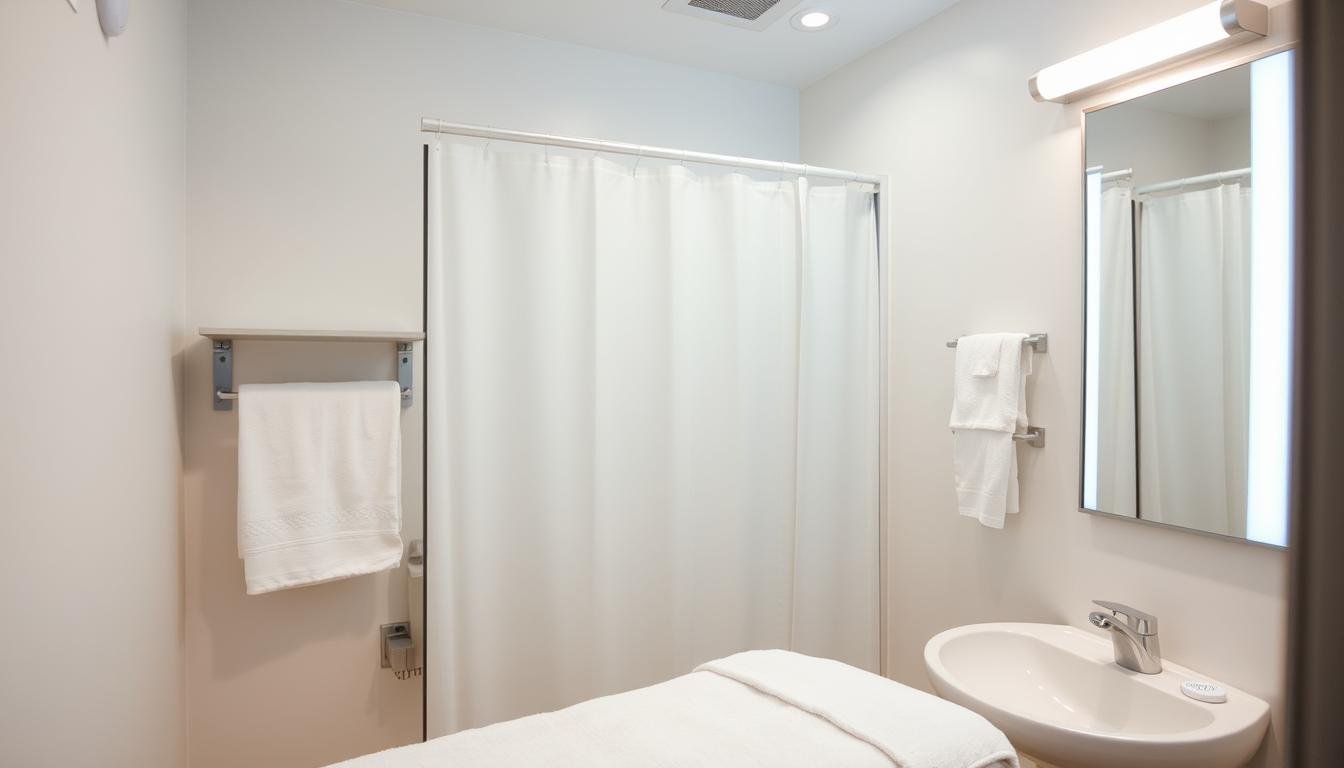
Create a comfortable, private environment for the procedure.
Administration Procedure
- Place a waterproof pad on the bathroom floor or in the bathtub.
- Hang the enema bag about 18 inches above your body.
- Lie on your right side with knees drawn toward your chest.
- Apply lubricant to the nozzle and your anus.
- Gently insert the nozzle 1-2 inches into the rectum.
- Slowly release the clamp to allow coffee to flow in gradually.
- Try to retain the solution for 12-15 minutes if possible.
- When ready or if discomfort occurs, release the solution into the toilet.
Safety Tips: Stop immediately if you experience pain, dizziness, or rapid heartbeat. Hydrate well before and after the procedure to prevent dehydration. Do not perform coffee enemas more than once a week unless under professional supervision.
Safety First
If you’re determined to try a coffee enema, download our comprehensive safety checklist.
Alternatives to Coffee Enemas

Natural alternatives for detoxification include a diet rich in fruits, vegetables, and plenty of water.
If you’re interested in detoxification or digestive health, several safer alternatives to coffee enemas exist that are supported by scientific research:
Dietary Fiber
Consuming adequate fiber (30g daily) from fruits, vegetables, and whole grains naturally supports digestive health and regular bowel movements without invasive procedures.
Hydration
Drinking plenty of water (8-10 glasses daily) helps maintain proper digestion and supports your body’s natural detoxification processes through the kidneys and liver.
Probiotics
Fermented foods like yogurt, kefir, sauerkraut, and kimchi support healthy gut bacteria, which play a crucial role in digestion and immune function.

Regular exercise and stress reduction techniques support the body’s natural detoxification systems.
Exercise
Regular physical activity promotes healthy circulation and stimulates the digestive system naturally. Even moderate exercise like walking can help maintain regular bowel movements.
Herbal Teas
Certain herbal teas like dandelion, milk thistle, and peppermint can support liver function and digestion without the risks associated with invasive procedures.
Medical Enemas
If an enema is medically necessary, saline solutions administered by healthcare professionals are safer than coffee enemas and carry fewer risks.
Natural Detoxification Guide
Discover scientifically-backed methods to support your body’s natural detoxification systems.
Frequently Asked Questions About Coffee Enemas

Consulting with a healthcare provider is essential before trying any alternative health practice.
Is a coffee enema safe for daily use?
No, coffee enemas are not recommended for daily use. Frequent use can disrupt electrolyte balance, damage the intestinal lining, and lead to dependence. Most alternative practitioners who do support coffee enemas recommend limiting them to once weekly at most, unless under specific professional guidance.
Can coffee enemas help with weight loss?
There is no scientific evidence that coffee enemas contribute to sustainable weight loss. Any weight reduction noticed immediately after the procedure is likely due to temporary water loss and evacuation of intestinal contents, not fat loss.
What type of coffee is best for a coffee enema?
If you choose to proceed with a coffee enema despite the risks, organic, light roast coffee is typically recommended. Avoid flavored, decaffeinated, or instant coffee, as these may contain additives that could increase irritation.
Can coffee enemas treat cancer?
No, there is no scientific evidence that coffee enemas can treat or cure cancer. Major cancer organizations do not recommend coffee enemas as a treatment. Anyone with cancer should follow evidence-based treatments recommended by qualified oncologists.
How long should I hold a coffee enema?
Proponents typically suggest holding the solution for 12-15 minutes. However, beginners may only manage a few minutes, which is fine. Never force yourself to hold the solution if you experience pain or significant discomfort.
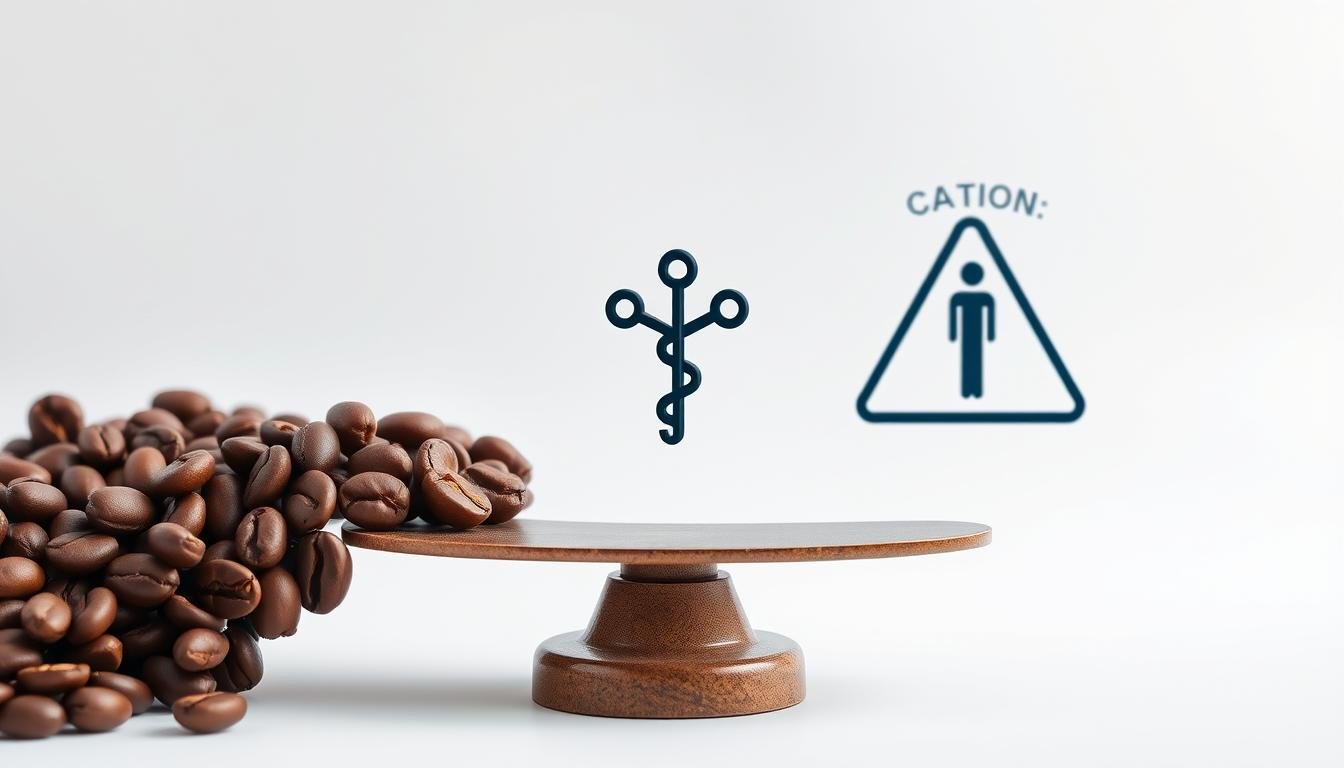
Weighing the claimed benefits against documented risks is essential when considering coffee enemas.
The Bottom Line on Coffee Enemas
Coffee enemas remain a controversial practice in alternative medicine. While proponents claim benefits such as detoxification, constipation relief, and increased energy, scientific evidence supporting these claims is limited. Conversely, medical literature documents several risks, including rectal burns, electrolyte imbalances, and in rare cases, serious complications.
The human body has sophisticated natural detoxification systems primarily through the liver and kidneys. For most people, supporting these systems through proper hydration, a fiber-rich diet, regular exercise, and adequate sleep is safer and more effective than invasive procedures like coffee enemas.
If you’re experiencing digestive issues or are interested in detoxification, consider consulting with a healthcare provider about evidence-based approaches before trying alternative procedures. Your health deserves care based on sound medical principles rather than anecdotal claims.
Make Informed Health Decisions
Speak with a healthcare professional about safe, effective approaches to digestive health and natural detoxification.
